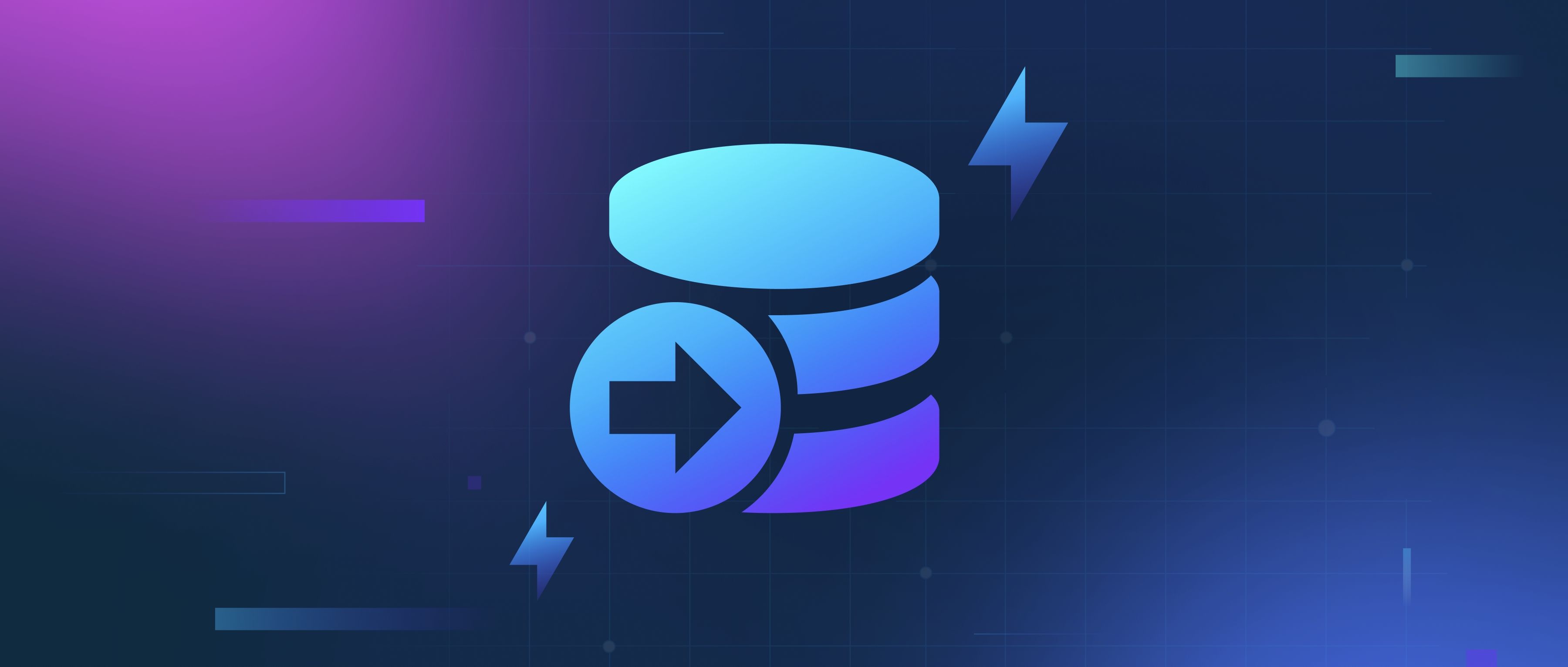Quantum computers address problems related to big data analytics primarily through their unique processing capabilities, which leverage the principles of quantum mechanics. Traditional computers use bits, representing either a 0 or a 1, while quantum computers use quantum bits or qubits that can exist in multiple states at once due to superposition. This allows quantum computers to perform many calculations in parallel, making them potentially vastly more powerful for certain data analysis tasks. For example, in scenarios where large datasets must be analyzed for patterns, quantum computers can evaluate many combinations simultaneously, potentially speeding up tasks like clustering and classification.
One of the specific areas where quantum computers can enhance big data analytics is in optimization problems. Many analytic tasks, such as resource allocation or route optimization for logistics, can be formulated as optimization problems where the goal is to find the best solution among a vast number of possibilities. Quantum algorithms, such as the Quantum Approximate Optimization Algorithm (QAOA) or Grover’s Search Algorithm, can explore these solutions more efficiently than classical algorithms. For instance, Grover's algorithm can search through unsorted databases much faster than traditional search methods, which can be especially useful when dealing with large datasets.
Additionally, quantum computers can improve machine learning capabilities through quantum machine learning (QML) algorithms. These algorithms can handle very large datasets and complex models more efficiently. For example, quantum support vector machines can optimize the classification of data points by finding the optimal hyperplane faster than conventional methods. As big data continues to grow, the ability to quickly process and analyze this information becomes crucial, and quantum computers offer a pathway towards managing and gaining insights from this data more effectively than classical machines.
